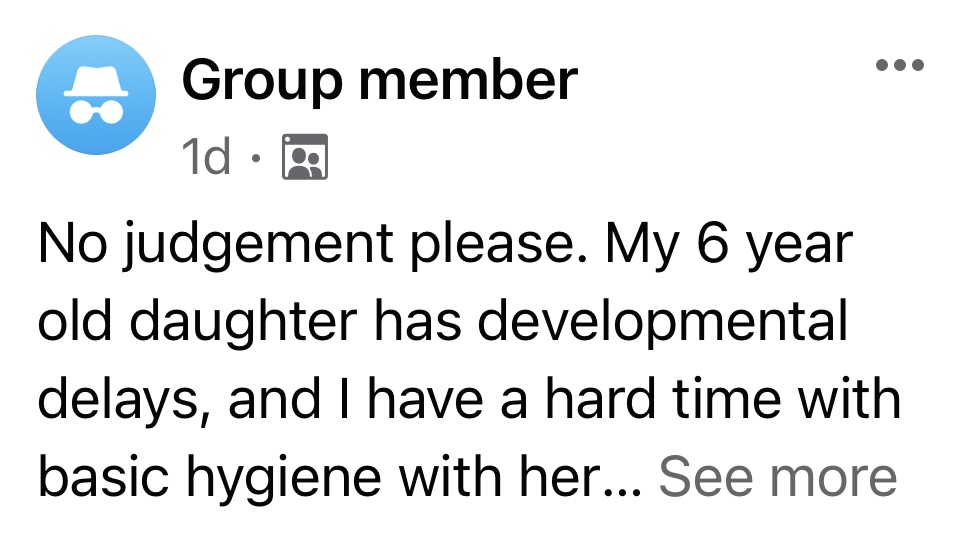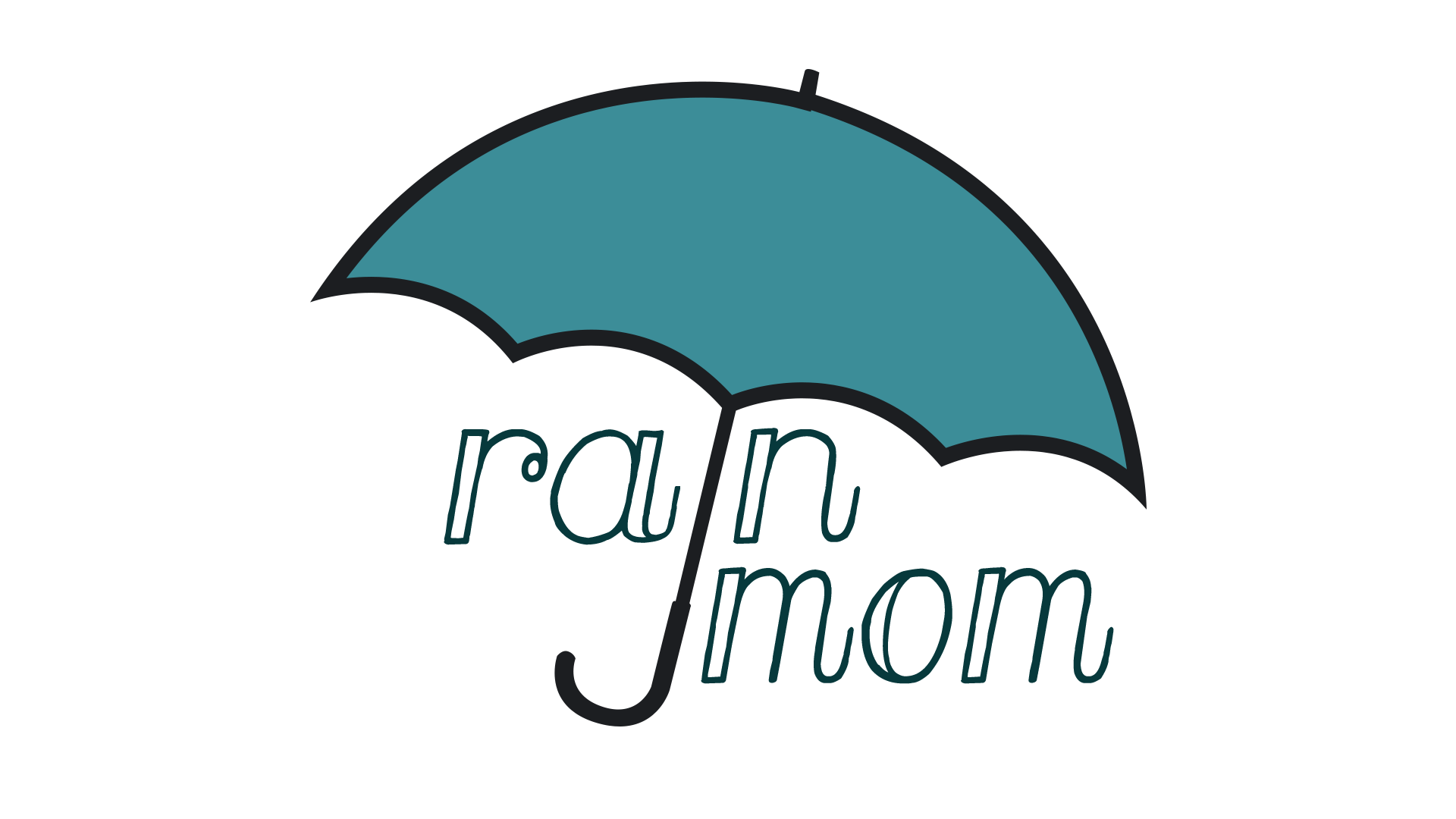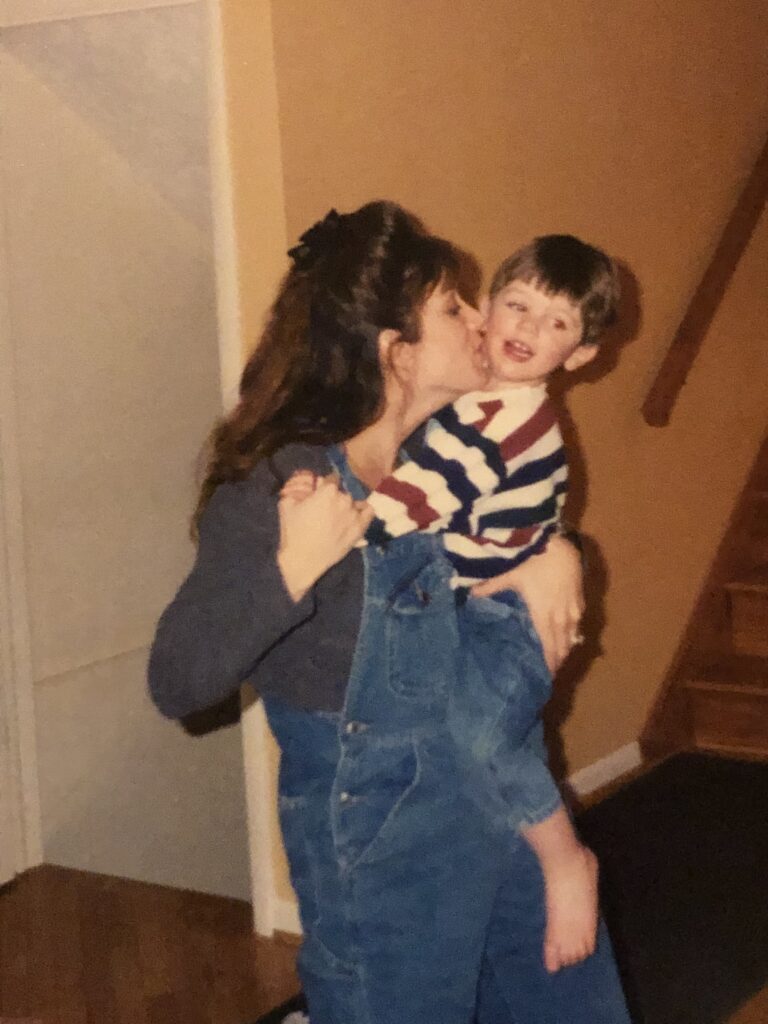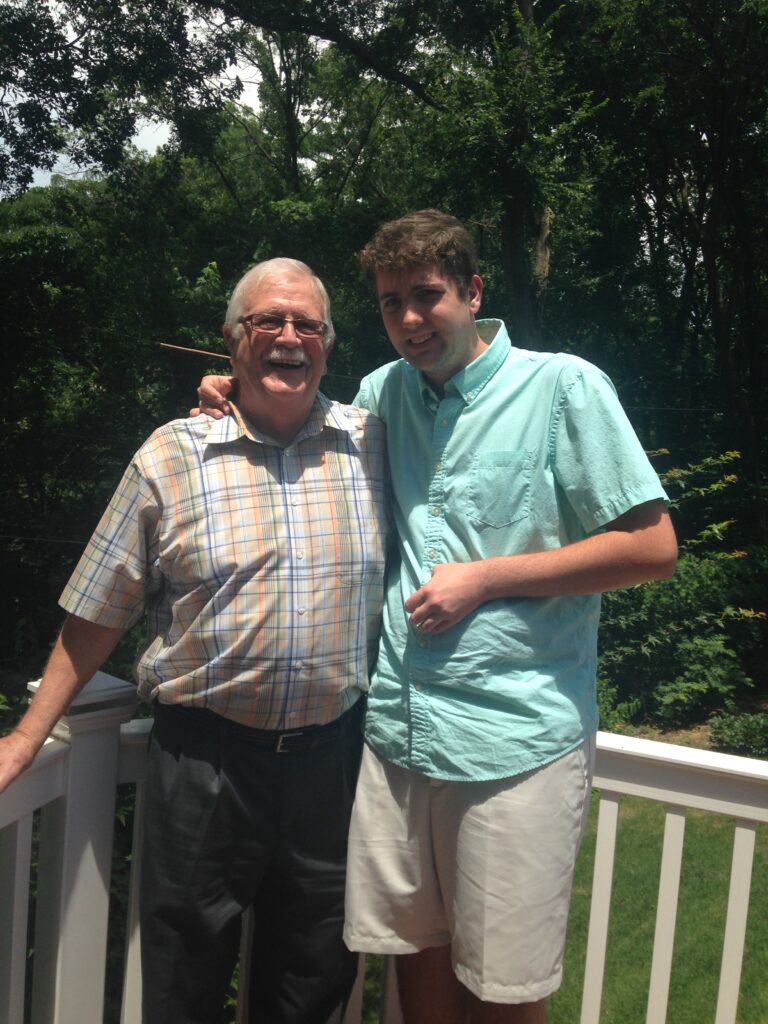
Acceptance of Autism: Can We Find The Judgement Free Zone?
By Kristi | Published | No Comments

What does it really mean to accept autism? I’d like to think it encompasses respect, compassion and understanding for all. That as we shift from awareness we don’t lose the hindsight of past experiences and have the foresight to recognize when we stray from our common goals. At least that is my hope as we are in Autism Acceptance Month.
With the goal of spreading acceptance at hand, we should be aware that acceptance needs some work— specifically within the autism community. I’m seeing more instances where acceptance is being challenged in some very unflattering ways within our midst. Social media being the catalyst. While a valuable platform to share, inspire and educate it has also become one of attacks on others for their choices, opinions or alternative views regarding autism. It saddens me every time I see someone preface a post for help or information with the disclaimer “please no personal attacks or judgment”. Far too often personal opinions are taking an ugly turn from judgmental and condescending to downright vicious. Acceptance means awareness of the differences within each journey, individual and outcome.
Those of us who are not autistics see the journey from one side, myself included. Sometimes it is challenging to accept what we cannot see, interpret or fully understand. Living alongside autism every day doesn’t make you an expert. But it does give you a vision and experiences to accept many paths and outcomes. The experts are our loved ones and each has their own expertise. We learn from them, love them and want the very best for them. Remembering that acceptance starts where judgment ends. Shared experiences can uplift us, empower and lay a strong foundation for support. There is no right or wrong nor should there be in accepting a path different from our own. If we want the world to accept autism we need to start recognizing judgment detracts from that goal.
I am and always have been a huge proponent of collaboration. As a 62 year old mother of an adult autistic who is non verbal, the advice, opinions and experiences others have shared with me have played an important role. Even if I didn’t agree, it taught me to trust my own instincts, find courage to be a stronger advocate, deepened my ability to understand communication beyond the spoken word and resilience I never knew I possessed.
Over the past 27 years there have been many changes within autism community and I’m learning to accept and embrace them. Recognizing not all of my past experiences are welcome in the present. Some are now outdated, politically incorrect and even considered offensive. It’s not personal and I’m not offended because moving forward sometimes means we leave parts of the past behind. Our acceptance expands because autism is not one size fits all, everyone doing exactly the same thing. And we should appreciate any effort to make life with autism everything we hope and pray it can be even if or when we don’t agree. Courage, conviction, compassion and acceptance for every step of the autism journey-across all ages and identities until you find what fits best.
And if we want the world to follow our example we need to be very careful about the example we set. Autism acceptance is not about one month, one word or one way. Respecting our differences is a form of acceptance. Even in adversity, with dissenting opinions or unfamiliar experiences we learn from each other and can agree to disagree. All are acceptable when it’s tendered with respect, not ridicule or shame. Every aspect of autism is an opportunity for growth. And that starts with all of us in the autism community— autistics and non autistics as I’ve recently learned is now the acceptable term. Anything that doesn’t support a common goal of acceptance, can divide our efforts into fear, contempt and hopelessness, and I don’t accept that in any way, shape or form.
So this month the focus is on autism acceptance. The world is watching and waiting for us to once again lead the way. Aware that our direction and actions will impact how others accept autism. Showing our acceptance as we respect our differences and each other as we journey together.
Acceptance begins with us, but where we lead by our own examples, determines its impact.






Leave a Reply